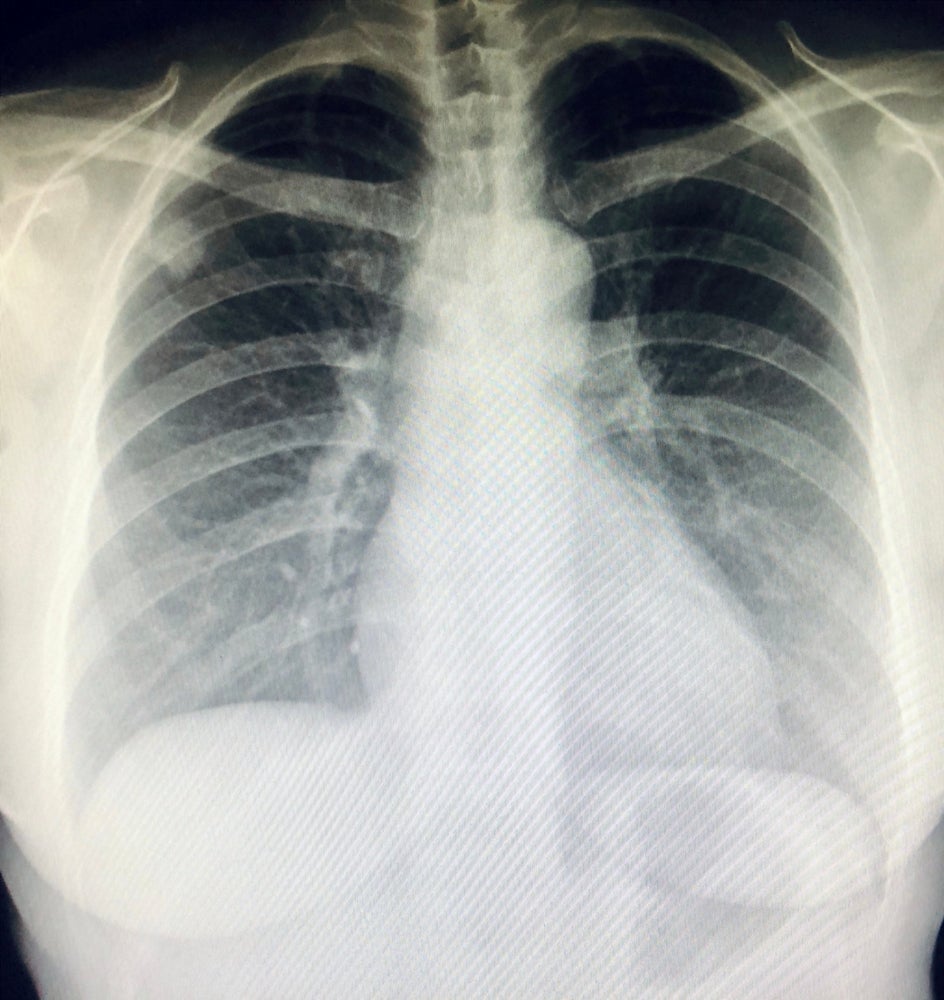
Traditionally, the pharmaceutical landscape has been dominated by small molecules, but in contrast to this dominance, biologics have become the leading molecule type within the solid tumour indication, accounting for 64% of drugs.
This composition shift signifies that pharma companies are turning to new approaches to tackle cancer and overcome obstacles within this indication, and showcases the new era of personalized medicine.
Small molecules are simple compounds that are manufactured via chemical synthesis, can have diverse mechanisms of action, offer versatile administration routes alongside high oral bioavailability, and are cheap to manufacture. As such, small molecules have enjoyed historical predominance with approximately 80% of all drugs being small molecules, according to GlobalData’s Drugs database.
Alternatively, biologics are derived from living organisms produced by cutting-edge biotechnological technologies and methods. The term biologic covers a variety of molecule types, including monoclonal antibodies and cell therapies. These therapies offer different modalities to treat diseases that were once considered impossible to target and can be used in conditions for which no other treatments are available.
The rise of biologics
Since the advent of genetic engineering in the early 1980s, biologic production and development have been steadily gaining ground. Biologics are poised to overtake innovative small molecules in terms of sales revenue by 2027, with forecast sales of $120bn. Despite biologics constituting 51% of oncological drugs, this molecule type has emerged as a clear dominating factor within the solid tumour indication (Figure 1). In this scenario, biologics constitute 64% of drugs, compared to 34% for small molecules. This unusual proportion is particularly apparent when compared to all drugs on the database, with biologics accounting for less than 20%.
See Also:

Solid tumors possess various obstacles to treatment, such as an abnormal vasculature, which impedes drug homing and penetration. Advancements in cancer research have enabled the development of biologics to overcome such obstacles, accounting for the dominance of this molecule type in solid tumours. Biologics utilize various means to specifically target cancerous cells. This enhanced level of targeted therapy enables a tailored treatment paradigm, whereby the drug can penetrate a solid tumour to a greater extent than small molecules, leading to effective and uniform distribution.
How well do you really know your competitors?
Access the most comprehensive Company Profiles on the market, powered by GlobalData. Save hours of research. Gain competitive edge.

Thank you!
Your download email will arrive shortly
Not ready to buy yet? Download a free sample
We are confident about the unique quality of our Company Profiles. However, we want you to make the most beneficial decision for your business, so we offer a free sample that you can download by submitting the below form
By GlobalDataOne key example are chimeric antigen receptor (CAR) T cell therapies. This treatment involves the genetic modification of a patient’s T cells to specifically target antigens expressed on cancerous cells. Such modifications enable a more precise and targeted approach compared to traditional small molecules.
Gilead Sciences’s Yescarta (axicabtagene ciloleucel) is an example of a successful CAR T immunotherapy. First approved in 2017, this drug is forecast to generate sales of nearly $2.5bn in 2029 alone. Research efforts have enabled vast advancements in drug development.
Biologics offer great utility in solid tumours compared to traditional small molecules due to the high levels of target specificity and tumour penetration. Given these advantages, biologics now dominate this specific indication. As research progresses, GlobalData expects even more promising and effective biologic modalities to emerge, shifting the balance further in favour of this molecule type.






Related Company Profiles
Gilead Sciences Inc